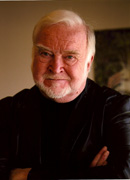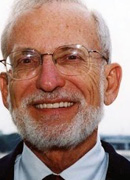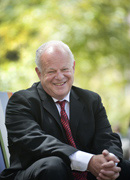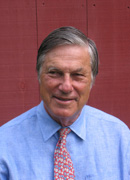
Mihaly Csikszentmihalyi, Ph.D.
Claremont Graduate University, USA
Professor Csikszentmihalyi is the director of the Quality of Life Research Center (QLRC) at Claremont Graduate University. The QLRC-as described on the Claremont website-is a non-profit research institute that studies “Positive Psychology”; that is, human strengths such as optimism, creativity, intrinsic motivation, and responsibility. More
Professor Csikszentmihalyi is the director of the Quality of Life Research Center (QLRC) at Claremont Graduate University. The QLRC-as described on the Claremont website-is a non-profit research institute that studies “Positive Psychology”; that is, human strengths such as optimism, creativity, intrinsic motivation, and responsibility.
Professor Csikszentmihalyi is a member of the American Academy of Education, the American Academy of Arts and Sciences, and the National Academy of Leisure Studies. He is the author of numerous books: Flow: The Psychology of Optimal Experience; The Evolving Self: A Psychology for the Third Millenium; Creativity: Flow and the Psychology of Discovery and Invention; Finding Flow: The Psychology of Engagement with Everyday Life; Good Work: When Excellence and Ethics Meet; Good Business: Flow, Leadership and the Making of Meaning.




